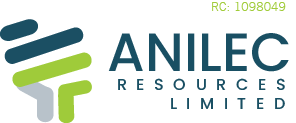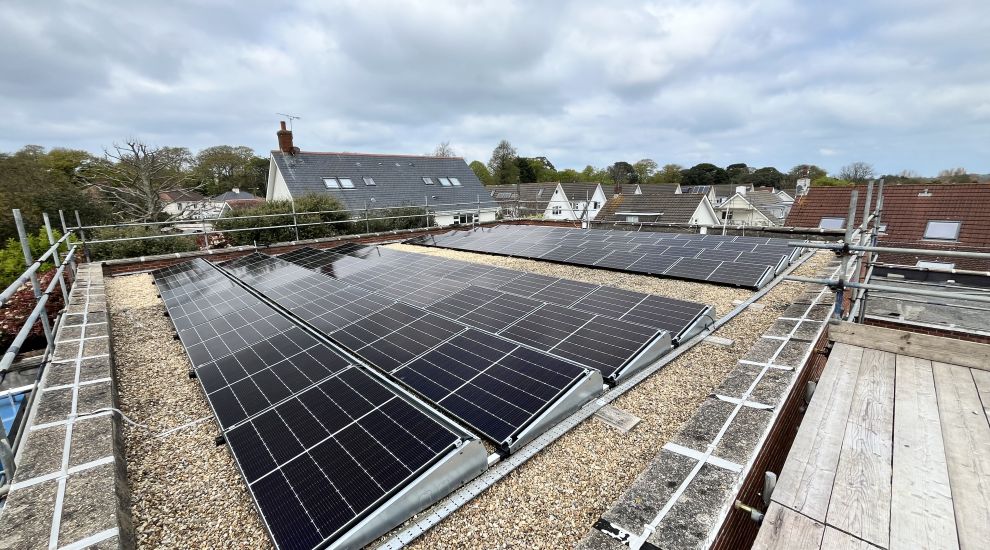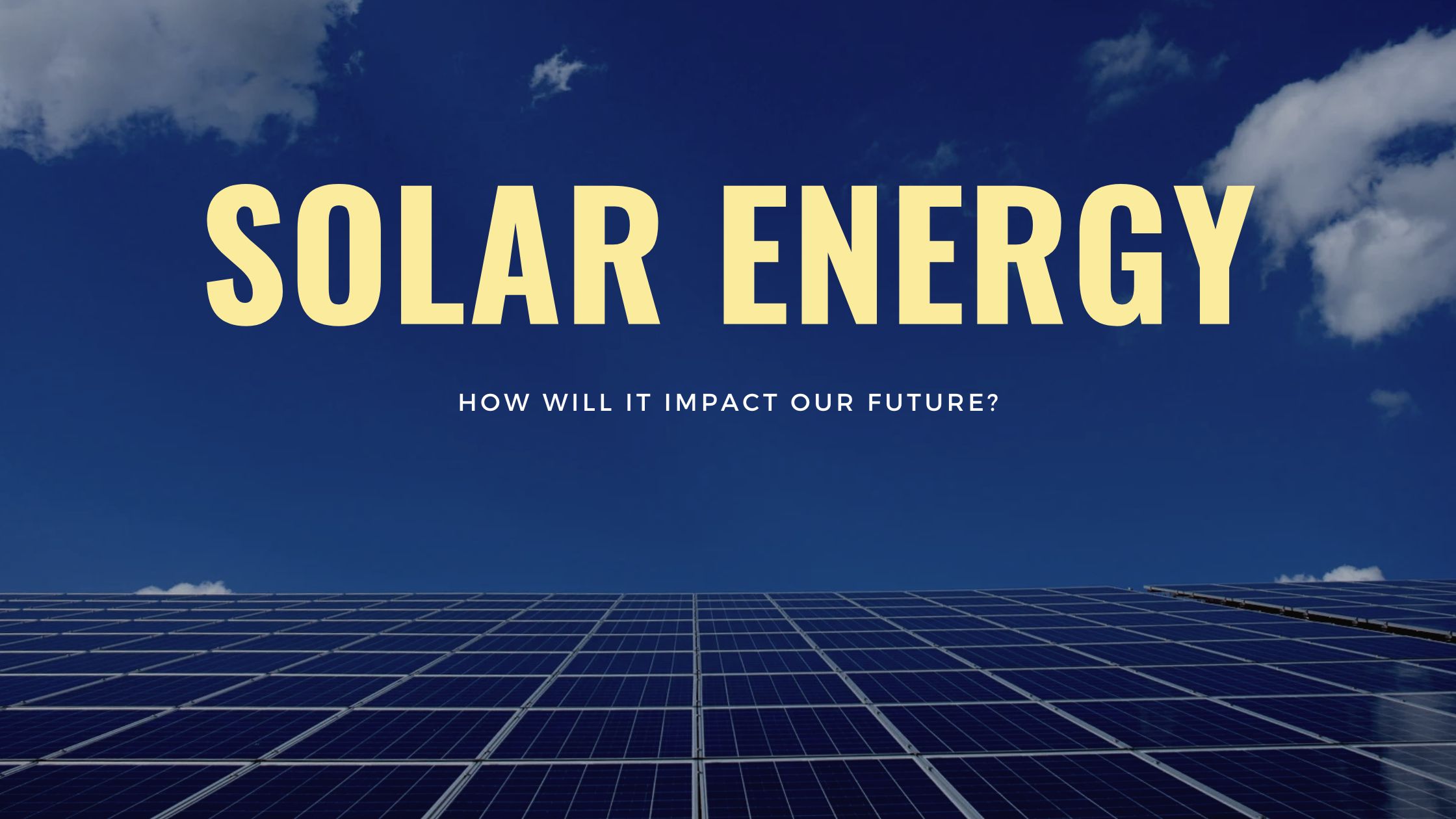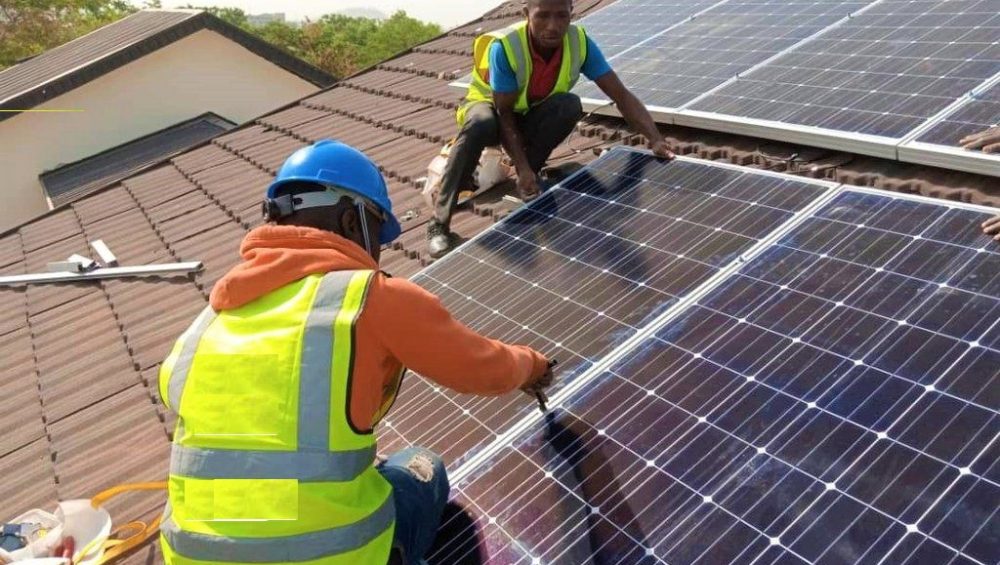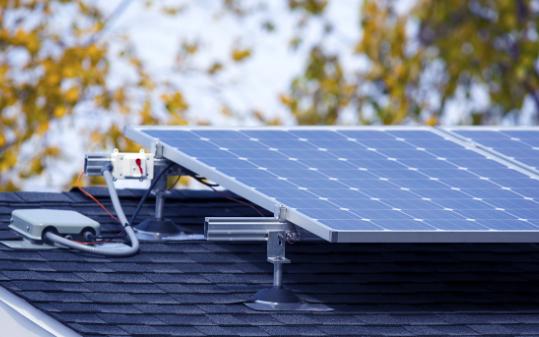As solar energy continues to grow in popularity, more homeowners and businesses are exploring its benefits. However, despite its advantages, many misconceptions and myths still persist, preventing some people from considering solar power as a viable option. In this article, we’ll debunk some of the most common solar energy myths and separate fact from fiction.
Myth 1: Solar Panels Don’t Work in Cloudy or Cold Weather
Fiction: Solar panels only work in sunny and warm climates.
Fact: While it’s true that solar panels are most efficient in direct sunlight, they can still generate electricity on cloudy days or in cold weather. Solar panels convert light, not heat, into electricity, so as long as there is daylight, they can function. Countries with colder climates, such as Germany and Canada, are actually among the leaders in solar energy production. Additionally, solar panels tend to work more efficiently in cooler temperatures, as extreme heat can reduce their efficiency.
Myth 2: Solar Energy is Too Expensive
Fiction: Installing solar panels is prohibitively expensive for most people.
Fact: The cost of solar panels has dropped dramatically in the past decade—by more than 80%. While solar installation does involve upfront costs, the long-term savings on energy bills typically offset the initial investment within a few years. Many countries and local governments also offer tax incentives, rebates, and financing options to make solar more affordable. With the availability of solar leasing and power purchase agreements (PPAs), homeowners can even install solar panels with little to no upfront cost, paying for the energy they use instead.
Myth 3: Solar Panels Require Too Much Maintenance
Fiction: Solar panels need frequent maintenance and repairs.
Fact: Solar panels are designed to be durable and require very little maintenance. Since they have no moving parts, the likelihood of mechanical failure is low. Most solar panels come with warranties lasting 20 to 25 years, meaning that if there are any issues, they are usually covered. Routine maintenance generally involves cleaning the panels once or twice a year to remove dust, leaves, or debris. In areas with heavy snowfall, panels are designed to shed snow, and the sun will naturally melt it off.
Myth 4: Solar Panels Damage Your Roof
Fiction: Installing solar panels can damage your roof and cause leaks.
Fact: When installed correctly by a professional, solar panels do not damage your roof. In fact, they can even provide an extra layer of protection to the areas they cover by shielding them from the elements. Most solar panels are mounted on racking systems designed specifically to prevent roof damage, and installers use sealants and flashing to prevent leaks. If your roof needs repairs in the future, the panels can be removed and reinstalled without causing harm. Additionally, solar companies typically assess the condition of your roof before installation to ensure it’s in good shape for the project.
Myth 5: Solar Panels Don’t Work After Dark
Fiction: Solar panels are useless at night.
Fact: While it’s true that solar panels don’t generate electricity in the dark, this doesn’t mean you’ll be without power at night. Most solar energy systems are connected to the electrical grid, allowing you to draw energy from the grid when your panels aren’t producing enough electricity, such as at night. Many utilities also offer net metering, where you can earn credits for excess energy generated during the day, offsetting your nighttime consumption. Additionally, advancements in energy storage technology mean you can now pair your solar system with batteries, allowing you to store excess solar energy generated during the day and use it at night.
Myth 6: Solar Panels Will Make My Home Look Ugly
Fiction: Solar panels are large, bulky, and ruin the appearance of homes.
Fact: Modern solar panels are designed to be sleek and aesthetically pleasing, with many manufacturers offering low-profile panels that blend seamlessly with your roof. Some options, like solar roof tiles, integrate directly into the roof design for a more streamlined look. Furthermore, the benefits of solar power, such as lower energy bills and environmental impact, far outweigh any concerns about aesthetics for many homeowners. In fact, homes with solar installations are often seen as more valuable and desirable in the real estate market.
Myth 7: Solar Energy is Not Reliable
Fiction: Solar power is unreliable because it depends on the weather.
Fact: Solar energy is highly reliable, especially when paired with the right technologies like battery storage. While solar panels depend on sunlight to generate electricity, most homes remain connected to the grid to ensure continuous power when needed. In addition, technological advancements have made solar systems more efficient and resilient, allowing them to store excess energy and provide consistent electricity, even in less-than-ideal weather conditions. In places with strong solar infrastructure, solar power can be a key component of energy grids, improving reliability and reducing outages.
Myth 8: Solar Panels Only Benefit Homeowners
Fiction: Only homeowners with large roofs can benefit from solar power.
Fact: Solar energy can benefit everyone, not just homeowners. For renters and people without suitable roofs, there are options like community solar projects. Community solar allows individuals to subscribe to a portion of a larger solar farm and receive credits on their electricity bills for the energy produced. This makes solar power accessible to those who don’t own homes or have shaded or small roofs. Businesses, schools, and governments can also benefit from solar power by installing panels on their buildings or investing in off-site solar farms.

